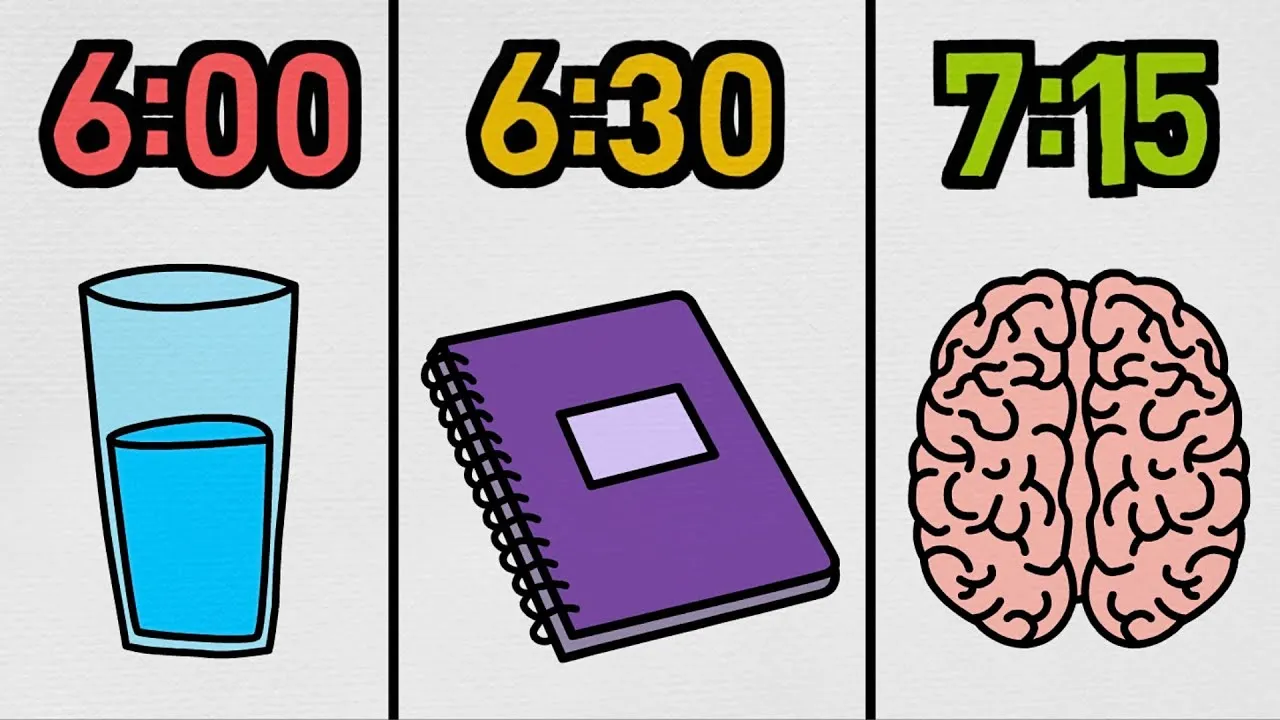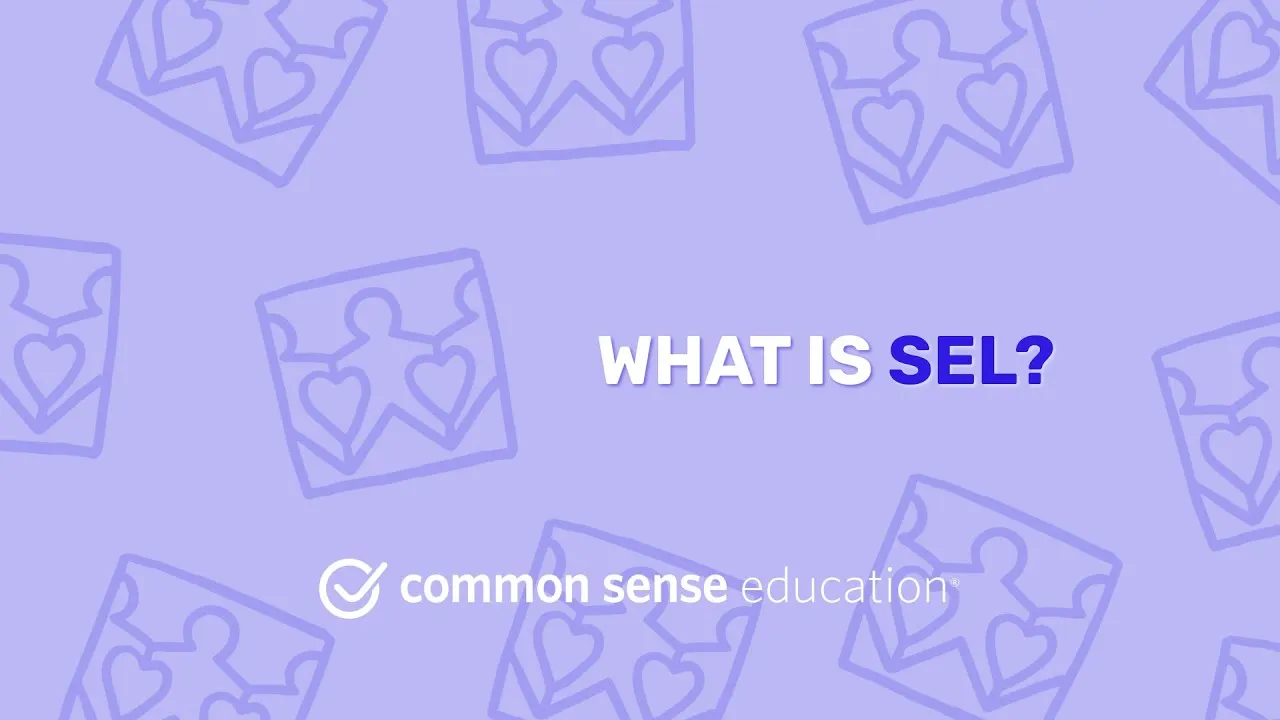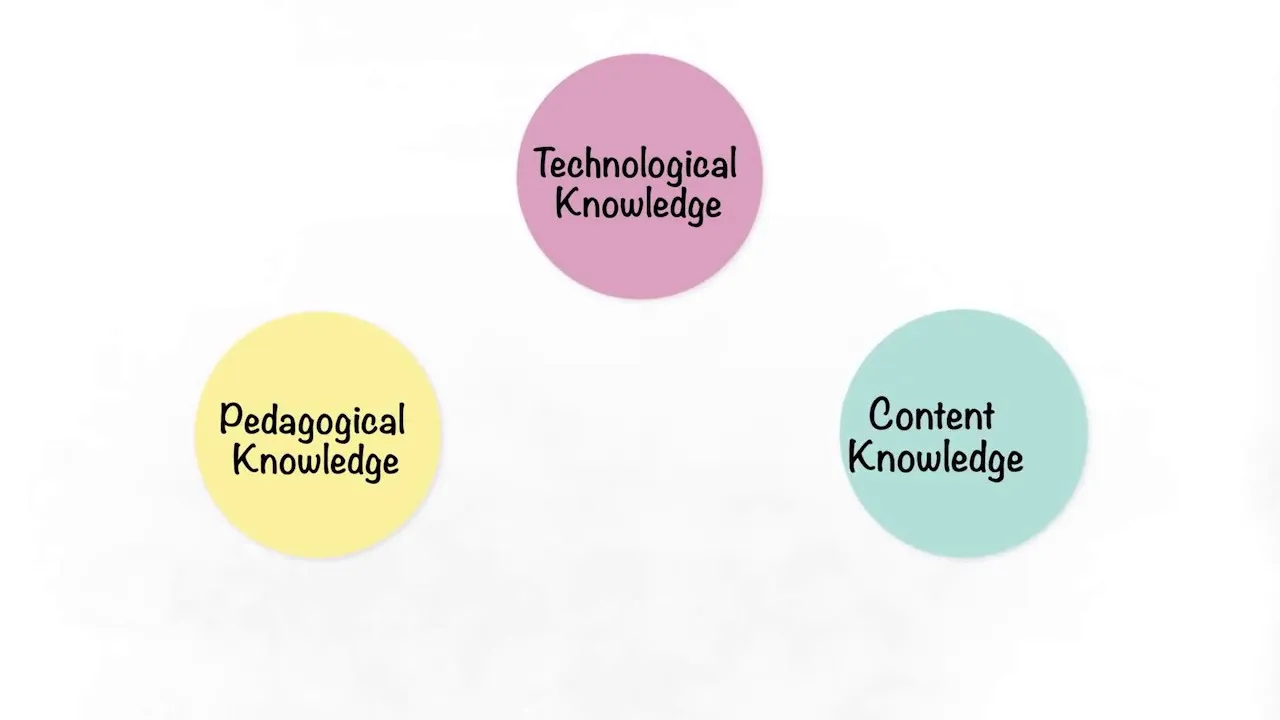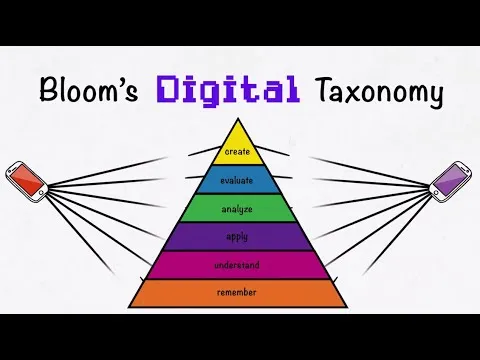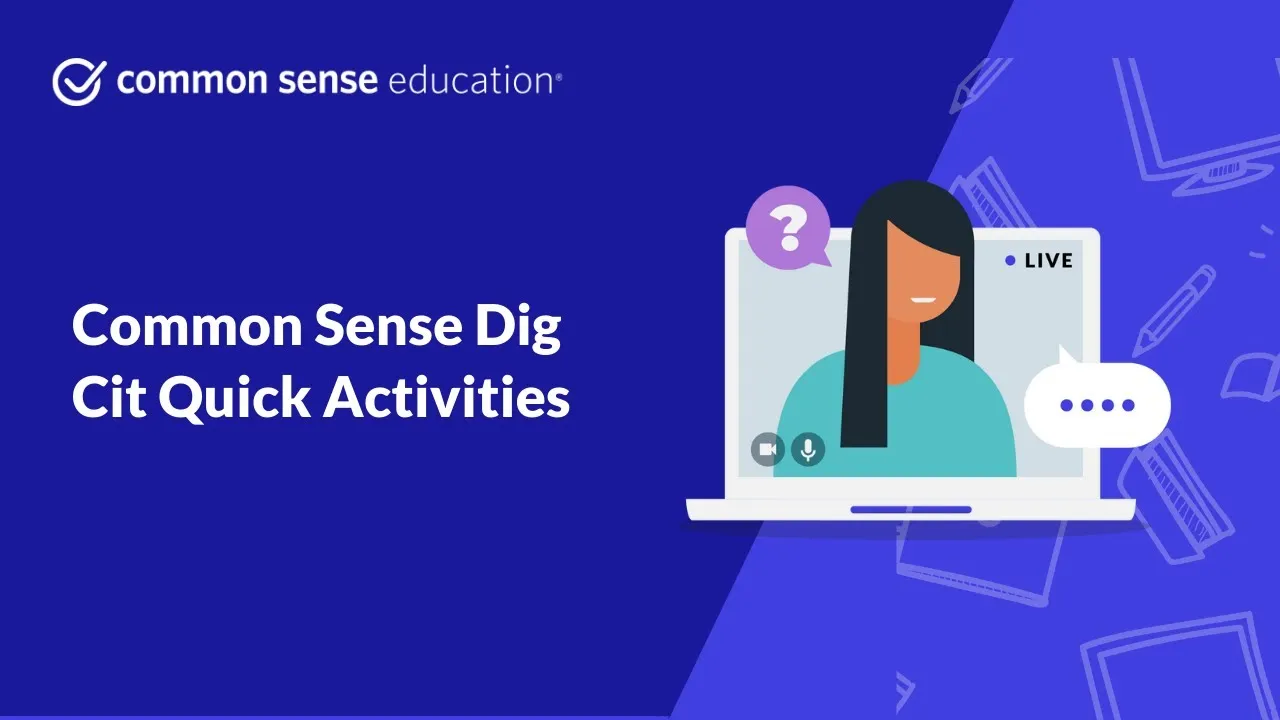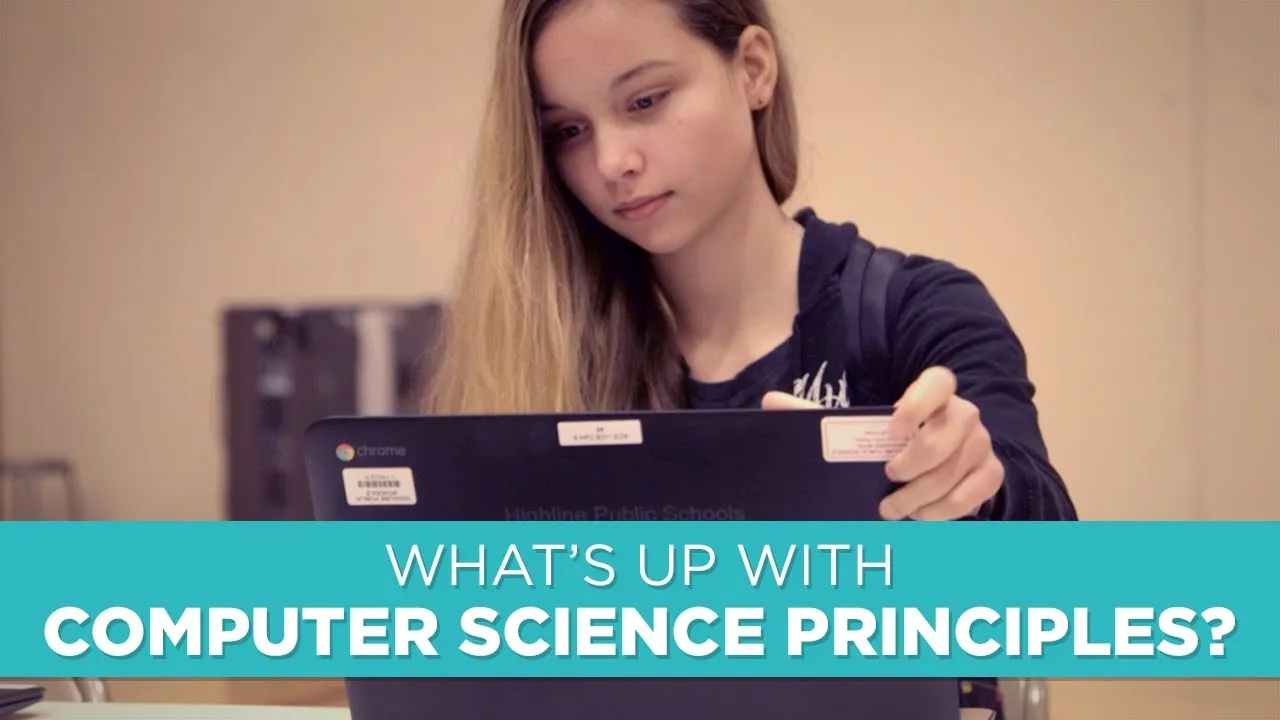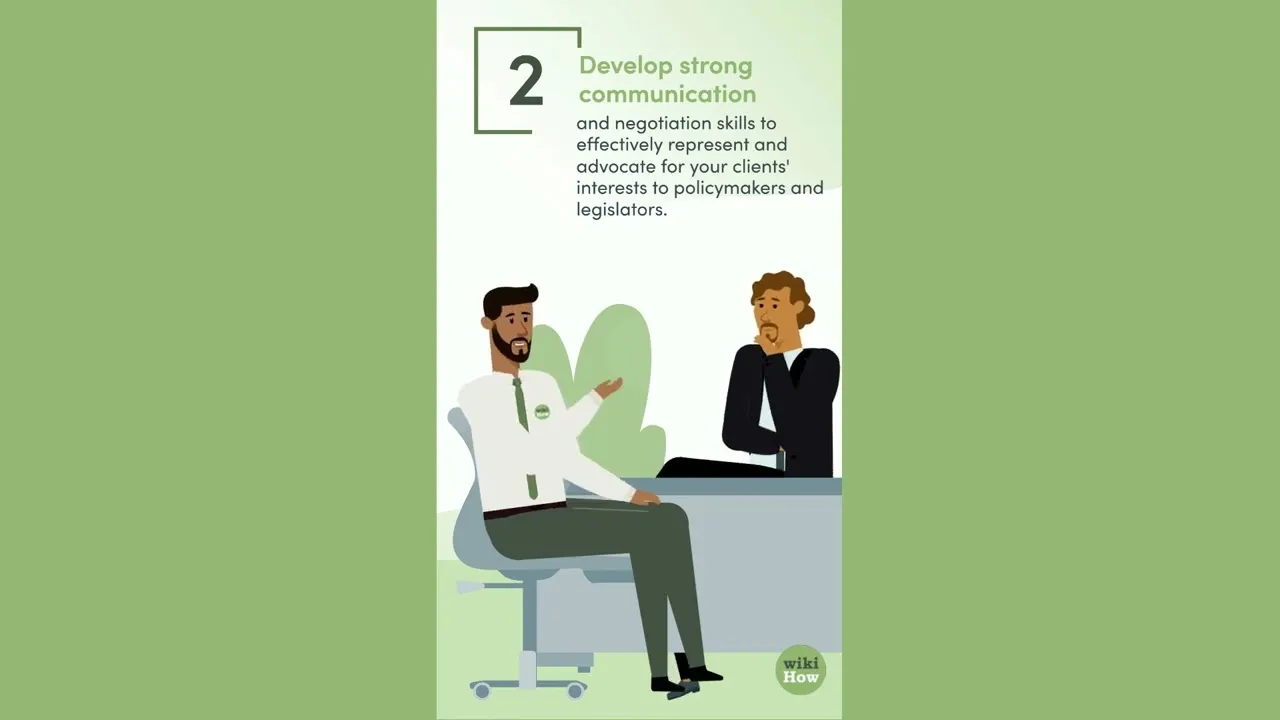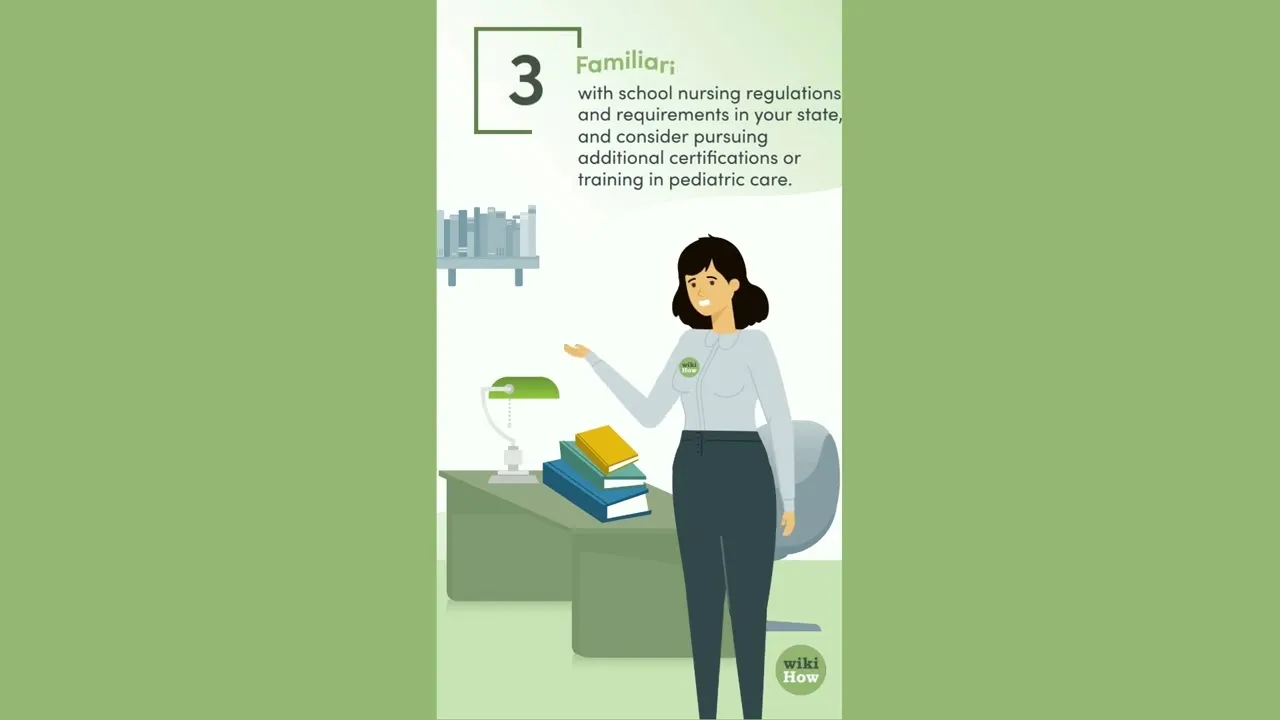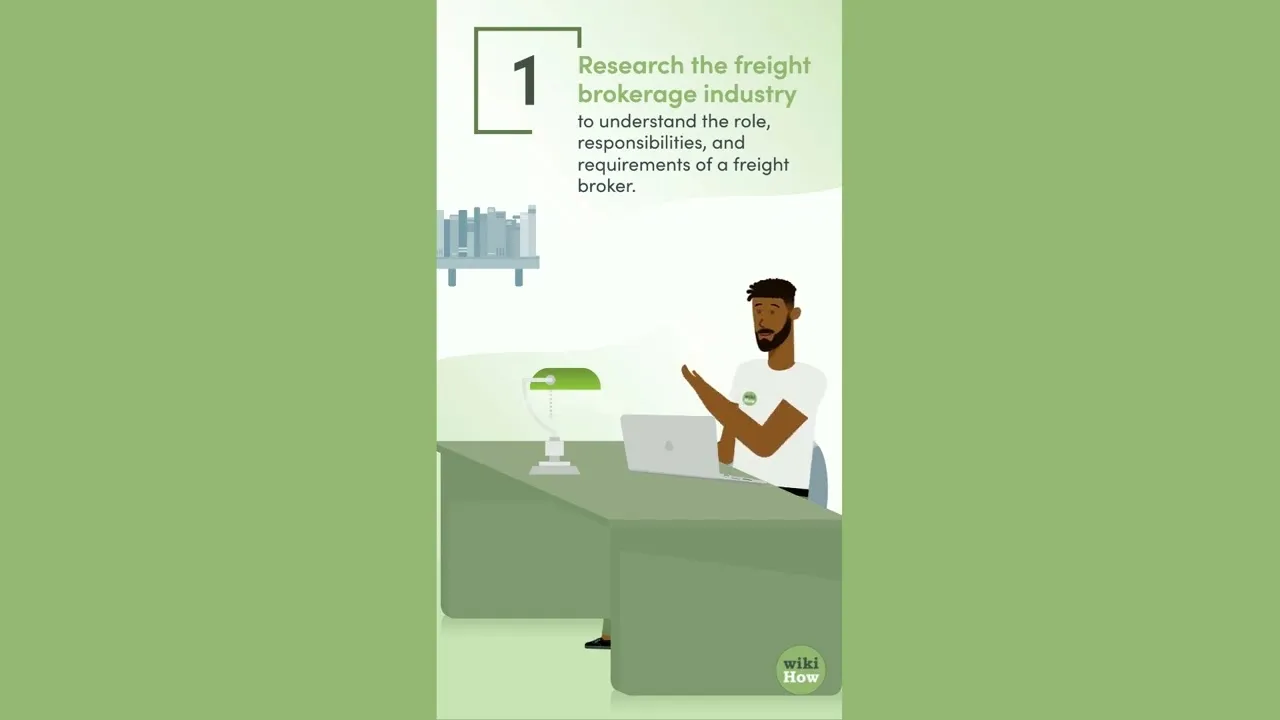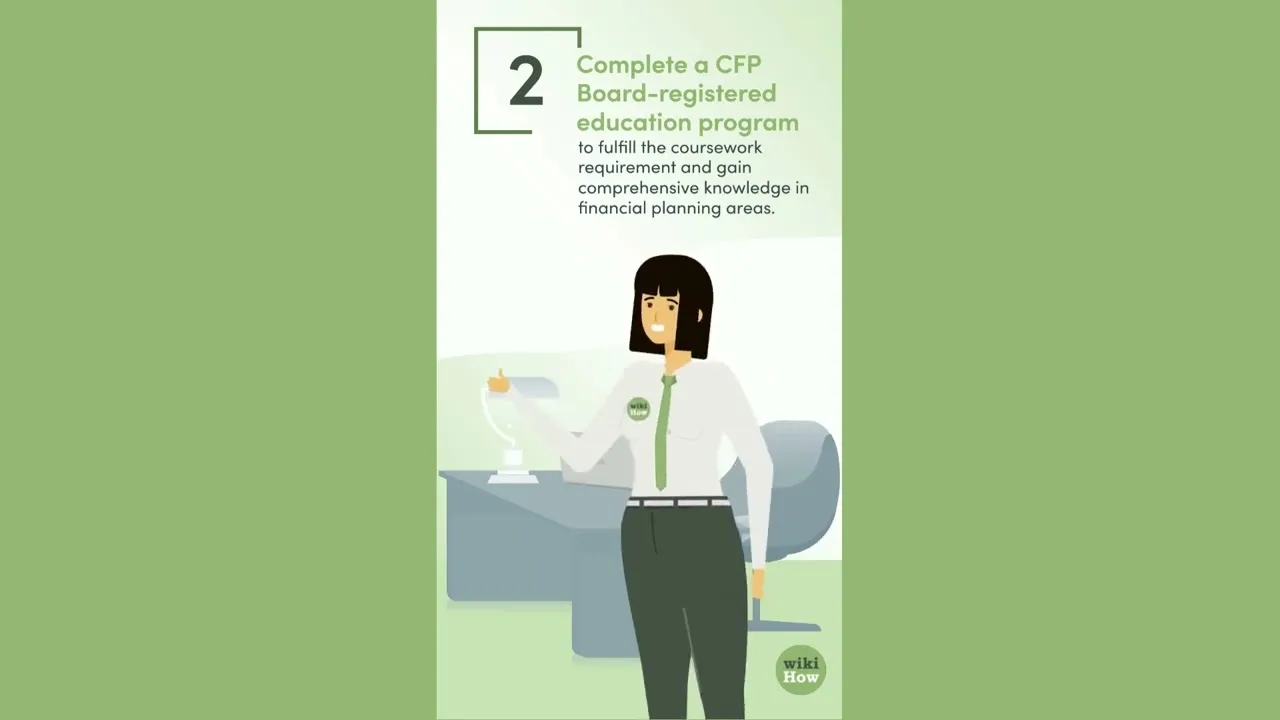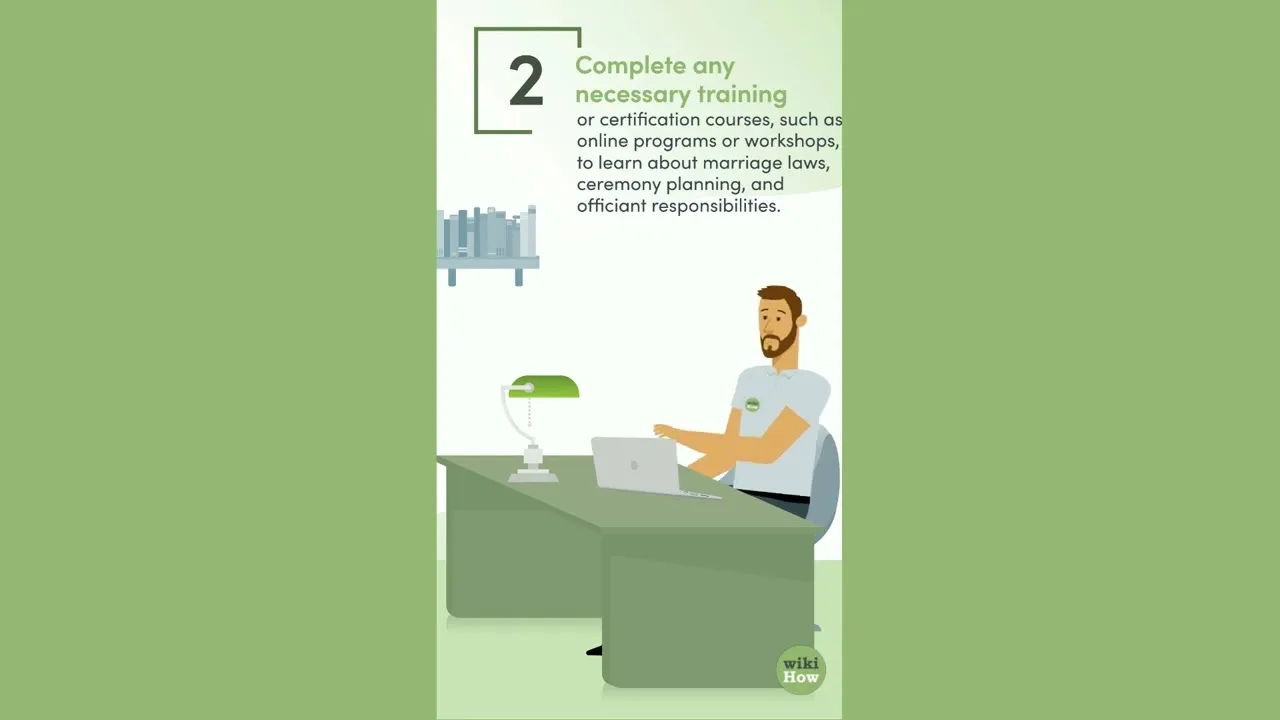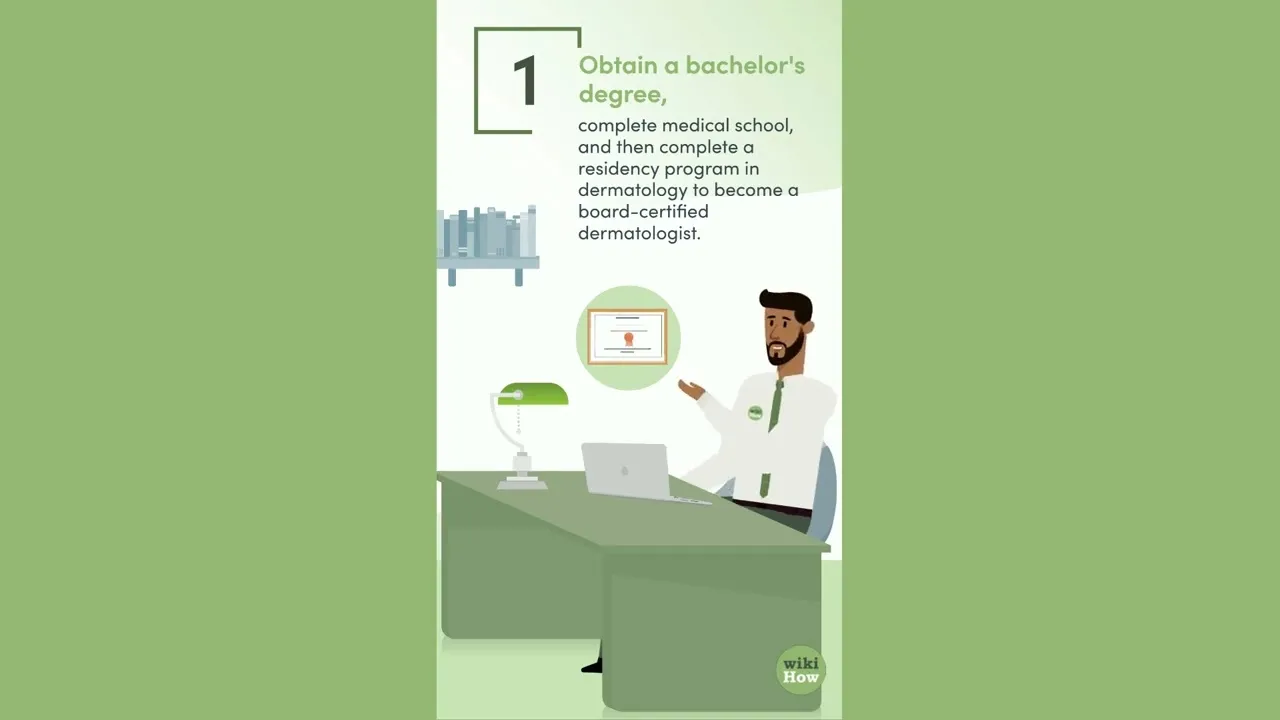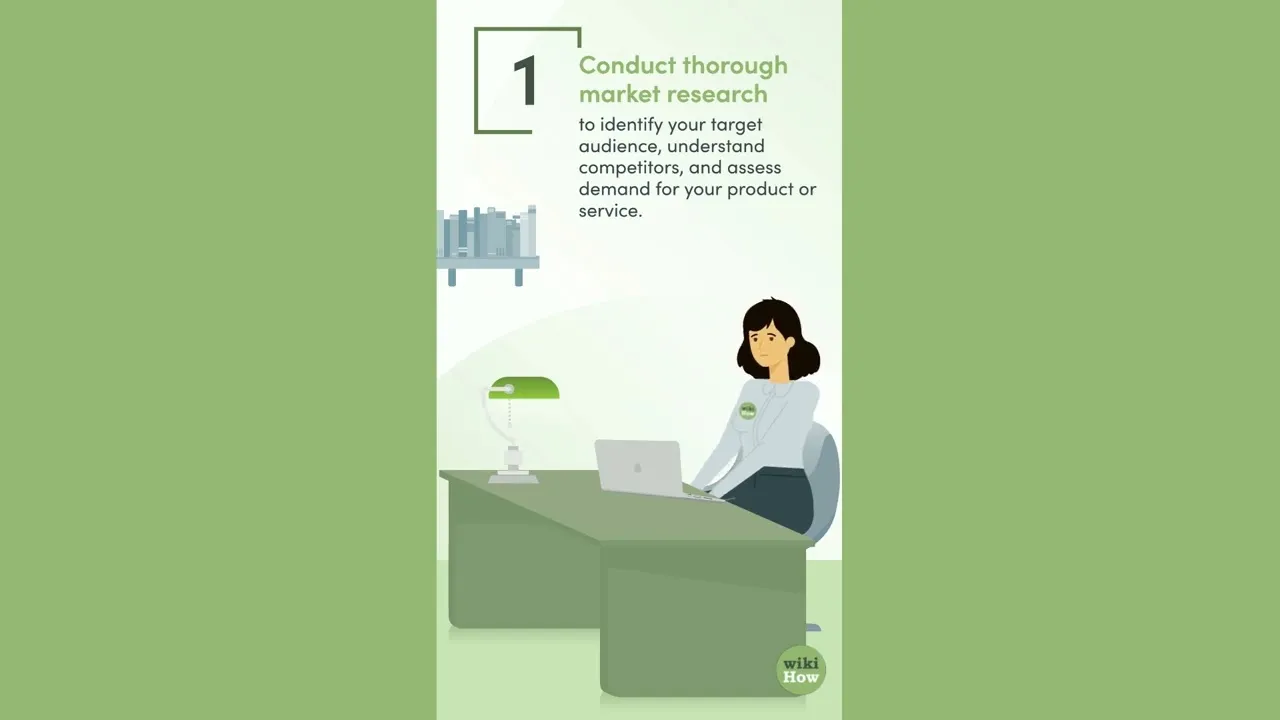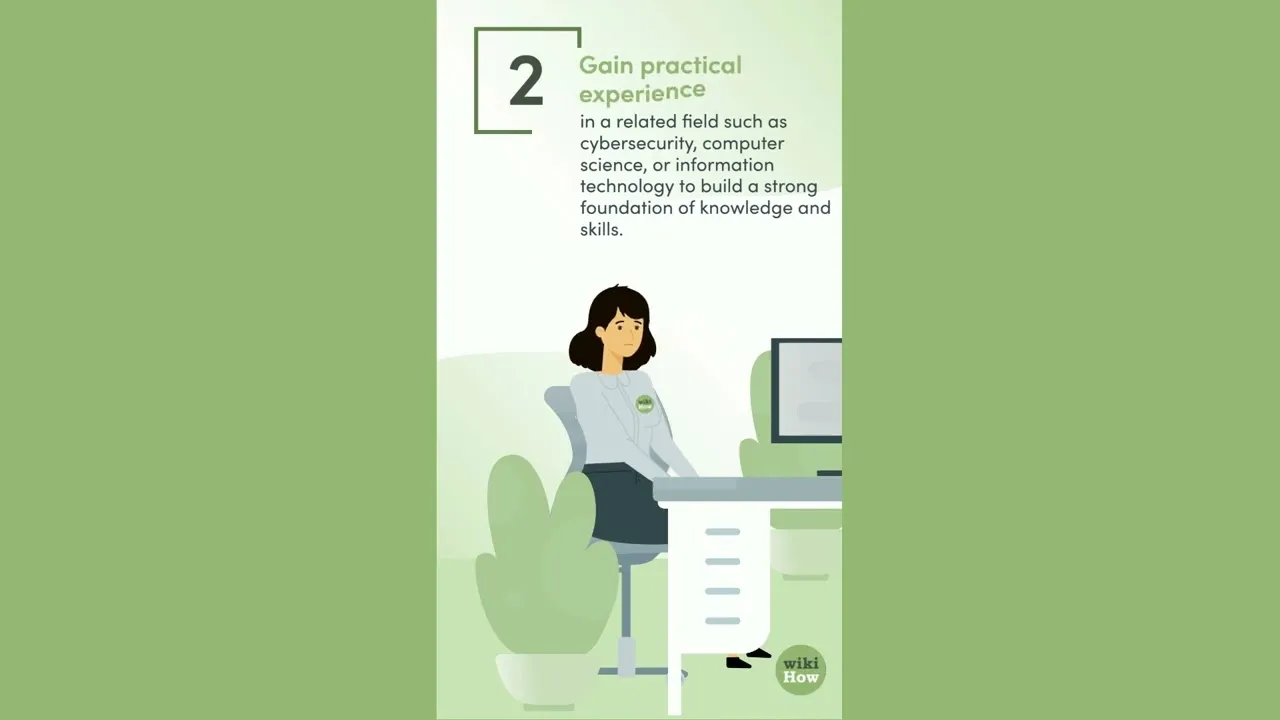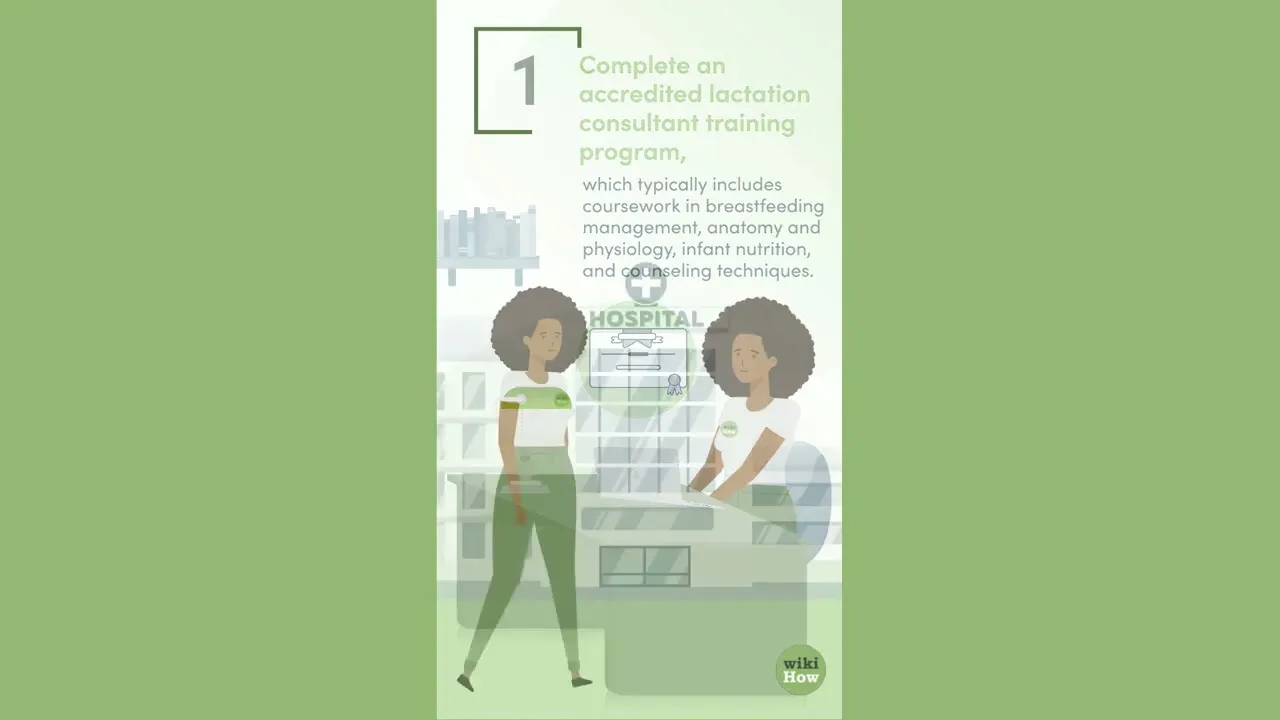Professional Video Lessons
Elevate your career and life with our AI-guided video lessons, tailored for professionals! We've selected expert-level YouTube videos to help you stay ahead in your field and continue growing your skills.
In the lesson "Exploring Innovative Approaches to Trauma Treatment," Bessel van der Kolk emphasizes the limitations of conventional trauma treatments like medication and advocates for alternative therapies that foster self-compassion and body awareness. He highlights innovative methods such as EMDR, yoga, theater, neurofeedback, and psychedelics, which have shown promising results in helping individuals process trauma and improve their mental health. Ultimately, he underscores the importance of personalized healing journeys, recognizing that effective trauma recovery requires tailored approaches for each individual.
The lesson emphasizes the importance of crafting a personalized productive routine tailored to individual goals, work styles, and energy levels. It highlights strategies such as establishing a pre-work ritual to overcome mental resistance, identifying peak productivity times through experimentation, and focusing on the process rather than just the outcome to foster sustainable productivity habits. By adapting routines to fit changing circumstances, individuals can enhance their efficiency and enjoyment in their work.
In this lesson, Brandon from 1% Better discusses the detrimental effects of pornography on the brain's dopamine reward system, which can hinder motivation and enjoyment in life. He offers practical tips for quitting, such as identifying triggers, finding alternative activities, making pornography less accessible, and understanding its negative impacts on intimacy and arousal. With a strong commitment to change, individuals can improve their overall well-being and lead a more fulfilling life.
The lesson explores the findings of a comprehensive Global Sleep Health Study, which analyzed sleep data from 716 million nights to compare sleep patterns across various countries. It highlights that while many people are struggling with sleep, European nations generally rank higher in sleep quality, with Finland leading the list. The lesson emphasizes the importance of sleep for overall health and suggests that technology, like Samsung's sleep-tracking devices, can help individuals develop better sleep habits.
The F-35 Lightning II, developed by Lockheed Martin, is a revolutionary fifth-generation multi-role fighter jet designed to replace older aircraft for the U.S. military and NATO allies, with a projected cost exceeding $400 billion. Despite facing challenges such as budget overruns and performance issues, the F-35 has demonstrated advanced capabilities, including stealth technology, super cruising, and a sophisticated sensor suite, making it a formidable asset in modern combat. With plans to produce around 3,100 units, the F-35 is set to play a crucial role in military operations well into the future.
The lesson on Understanding Social and Emotional Learning (SEL) in the Digital Age emphasizes the importance of nurturing emotional intelligence and interpersonal skills for students' growth and academic success. It highlights the resources available through the SEL in Digital Life Resource Center, which equips educators with tools to integrate SEL into their teaching, fostering a supportive environment for students to develop essential skills for navigating both personal and digital interactions. Ultimately, the lesson underscores that effective SEL practices prepare students to face modern challenges and contribute positively to their communities.
The TPACK model, which stands for Technological Pedagogical Content Knowledge, helps educators understand the intersection of content knowledge, pedagogical knowledge, and technological knowledge to enhance teaching and learning. By integrating these three domains, teachers can create effective and engaging learning experiences that leverage technology while remaining focused on educational objectives. Ultimately, TPACK emphasizes that successful teaching involves a thoughtful combination of content, pedagogy, and technology tailored to the unique needs of each classroom.
The lesson on Bloom's Digital Taxonomy explores the evolution of Bloom's original framework for categorizing cognitive skills, highlighting its adaptation to the digital age. It emphasizes the importance of integrating technology into education to enhance learning experiences, encouraging educators to utilize action-oriented verbs and digital tools that promote both lower-order and higher-order thinking skills. By aligning instructional design with Bloom's Digital Taxonomy, educators can create engaging, technology-rich environments that foster critical thinking and creativity among students.
In this session on Social and Emotional Learning (SEL) in the Digital Age, educators are introduced to effective strategies for integrating SEL into digital interactions, guided by the CASEL framework. Participants will learn about key competencies such as self-awareness and relationship skills, and explore interactive activities designed for various educational settings, along with resources for family engagement. The session emphasizes the importance of equipping students with the skills to navigate technology responsibly and maintain healthy relationships online.
In this lesson, Vicki Saylor and Rocio Lopez discuss effective strategies for engaging Spanish-speaking families in distance learning. They emphasize the importance of understanding the diverse needs within the Latinx community and highlight the use of accessible communication methods, such as texting, to share resources. The session introduces the Tech Balance program, which provides practical tips in both English and Spanish, aiming to create inclusive educational experiences for all families.
The lesson emphasizes the importance of using digital storytelling tools to support English Language Learners (ELLs) by highlighting their existing knowledge and cultural backgrounds. By incorporating multimedia and creating opportunities for practice and feedback, educators can foster a low-stakes environment that encourages communication and collaboration. Additionally, providing authentic audiences for students' work enhances their engagement and helps develop their bilingual academic language skills.
The lesson emphasizes the importance of introducing computer science principles early in education, as it has become a fundamental skill in today's economy. The Advanced Placement (AP) CS Principles course is designed to be inclusive and accessible, empowering both students and educators, even those with limited computer science backgrounds, through comprehensive professional development and support. By equipping learners with practical skills and fostering a collaborative teaching environment, the course aims to prepare students for future challenges and contribute to a more technologically proficient society.
Lyndsey Scott, a model and programmer, has successfully developed and launched two apps: "Educate," which supports Ugandan news, and "Alalso," a portfolio platform for artists. She emphasizes the importance of balancing her modeling career with app development, viewing both as creative expressions, and is currently working on a matchmaking app designed to facilitate meaningful connections in New York City. Additionally, Lyndsey advocates for increasing female representation in coding, highlighting the need for accessible computer science education to address the gender and diversity gap in the tech industry.
This lesson outlines the essential steps to becoming a successful lobbyist, emphasizing the importance of gaining relevant experience in government and advocacy roles, developing strong communication and negotiation skills, and staying informed about the political landscape. Aspiring lobbyists are encouraged to pursue further education, join professional organizations, and uphold ethical standards to enhance their credibility and effectiveness in shaping public policy. By following these guidelines, individuals can build a rewarding career in lobbying and make a significant impact on legislative processes.
To become a school nurse, one must first obtain a bachelor's degree in nursing and a registered nurse (RN) license, which are essential for practicing professionally. Gaining relevant experience, particularly in pediatric care, and understanding state-specific regulations are crucial steps in preparing for this role. School nurses not only address immediate health concerns but also promote wellness and preventive care, making effective communication and continuous professional development key components of their success in supporting students' health and educational outcomes.
The lesson on becoming a ghostwriter emphasizes the importance of developing strong writing skills, creating a diverse portfolio, and networking with industry professionals to find opportunities. Aspiring ghostwriters should focus on understanding their clients' voices, staying organized to meet deadlines, and continuously learning to adapt to the evolving writing landscape. By following these strategies, individuals can successfully embark on a rewarding career in ghostwriting.
This lesson outlines the essential steps for starting a career as a freight broker without prior experience. It emphasizes the importance of understanding the industry, enrolling in training programs, and building a professional network to gain insights and opportunities. Additionally, it highlights the need to stay informed about industry trends, develop strong communication skills, and leverage technology to enhance efficiency in freight brokerage operations.
The lesson outlines the essential steps to become a Certified Financial Planner (CFP), starting with obtaining a relevant bachelor's degree and completing a CFP Board-registered education program. After fulfilling these educational requirements, aspiring planners must pass the CFP certification examination, which evaluates their ability to apply financial planning knowledge in practical scenarios. Achieving the CFP designation not only enhances professional credibility but also opens up opportunities for career advancement and increased earning potential in the financial industry.
This lesson outlines the essential steps to becoming a marriage officiant, starting with understanding the legal requirements specific to your region. It emphasizes the importance of completing training, gaining experience through practice, and developing strong communication and organizational skills. Additionally, it encourages creativity and seeking feedback to enhance your officiating abilities, ultimately preparing you to create memorable wedding ceremonies.
The lesson focuses on enhancing intimate experiences by encouraging individuals to take the lead with confidence and clarity. Key strategies include effective communication about desires and boundaries, understanding personal preferences, and embracing confidence through non-verbal cues. Additionally, it emphasizes the importance of active listening, building emotional connections, and being open to experimentation to foster a more fulfilling relationship.
This lesson outlines the essential steps to becoming a dermatologist, starting with obtaining a bachelor's degree in pre-medical courses, followed by attending medical school and completing a dermatology residency. It emphasizes the importance of gaining hands-on experience in diagnosing and treating various skin conditions, as well as the need for ongoing education to stay current with advancements in the field. Ultimately, a successful career in dermatology requires dedication, continuous learning, and a commitment to patient care.
This lesson outlines the essential steps for starting your own business, beginning with thorough market research to understand your audience and competition. It emphasizes the importance of developing a comprehensive business plan, registering your business, and setting up operations, while also highlighting the value of networking, embracing technology, and staying adaptable in a changing market. By following these guidelines, aspiring entrepreneurs can effectively navigate the challenges of launching and growing a successful business.
The lesson outlines essential steps to become a successful cyber security analyst, emphasizing the importance of a strong educational foundation, practical experience, and ongoing professional development. It encourages aspiring analysts to pursue relevant degrees, gain hands-on experience through internships, and obtain certifications while staying informed about industry trends. Additionally, the lesson highlights the need for strong analytical, problem-solving, and communication skills to effectively address security challenges and engage with stakeholders.
To become a lactation consultant, one must complete an accredited training program that covers essential topics related to breastfeeding, gain hands-on experience through supervised clinical hours, and pass the certification exam from the International Board of Lactation Consultant Examiners (IBLCE). Continuous education and staying updated with the latest research are crucial for professional growth and effective support for mothers and infants in their breastfeeding journey. By following these steps, you can significantly impact families' lives and help them navigate the challenges of breastfeeding.

